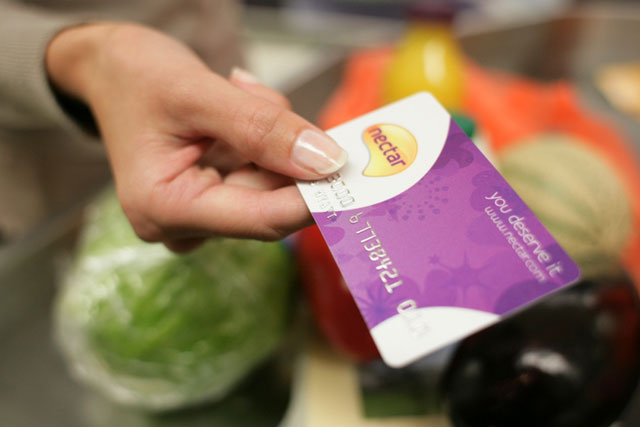Loyalty programmes date back to 1793, when a US merchant began giving out copper tokens that could be exchanged for items in his store.
Where businesses are fighting to offer the lowest price, the customer relationship which drives them to continue coming back is at risk.
The practice caught on. What started as a copper token became a plastic loyalty card, through a route that saw certificates, stamps, tickets and everything else in between.
But ever since that first copper token was introduced more than 200 years ago, never has the loyalty industry experienced such a transformational shift as it has over the past decade.
Digitally-empowered loyalty
If 1990 saw the dawn of the age of information, the 2000s brought the age of the digitally-empowered customer, characterised by empowered buyers demanding a new kind of service.
The impact this has had on the loyalty industry cannot be underestimated. It has turned loyalty’s gradual evolution into a revolution.
The future of loyalty
Unsurprisingly people wonder what’s next.
The plastic loyalty card has played an important role for so long, many question whether we will soon see its end. A customer thinking digital-first doesn’t appear to be a natural bedfellow for a plastic card.
But to get into a debate over the future of the loyalty card misses the point.
Just like the copper token, it is a means to an end. It’s a loyalty tool. And whether loyalty evolves to be delivered through mobile, plastic, online or wearable technology, the fundamentals of its delivery won’t change.
A matter of relationships
These fundamentals were established by relationships, which take us right back to the early days of retail.
The local grocer knew their customer liked strawberries in the summer, so offered them at a discount. The local baker knew when it was their customer’s birthday, and gave them a free cake on the day to celebrate. Customers valued these relationships and kept going back.
In an era of hypermarkets, price comparison websites and discounters, many worry that these fundamentals are being lost. That is why loyalty, in whatever form, will continue to be so important.
Loyalty and retention
Ultimately it will be the pursuit of loyalty that will define success because there is now a new battleground. This is one centred on winning more repeat business than competitors by creating a more engaging, targeted and rewarding shopping experience over the long term.
This means retailers resisting the temptation of deep discounting, or offering one-off freebies, to attract short-term custom on what can only be a race to the bottom. It means re-finding that local grocery store experience – those powerful relationships that keep customers coming back.
Big data translated
There’s no reason why this can’t be done. Through the data they collect, retailers hold such a depth of knowledge on their consumers that they are in a stronger position than ever before when it comes to building relationships.
The ability to turn this knowledge into a personalised experience relevant to the customers’ needs is what will differentiate them. It means consumers getting money off their favourite item, being rewarded on special days, and being given special, personalised treatment.
In an environment where businesses are fighting tooth and nail to offer the lowest price, the all-important customer relationship which drives them to continue coming back is at risk of being lost. Understanding data and using it in a way that creates a genuinely personal experience is where the real battle lies. The ability to form real relationships and create loyalty through that will ultimately sort the winners from the losers.


